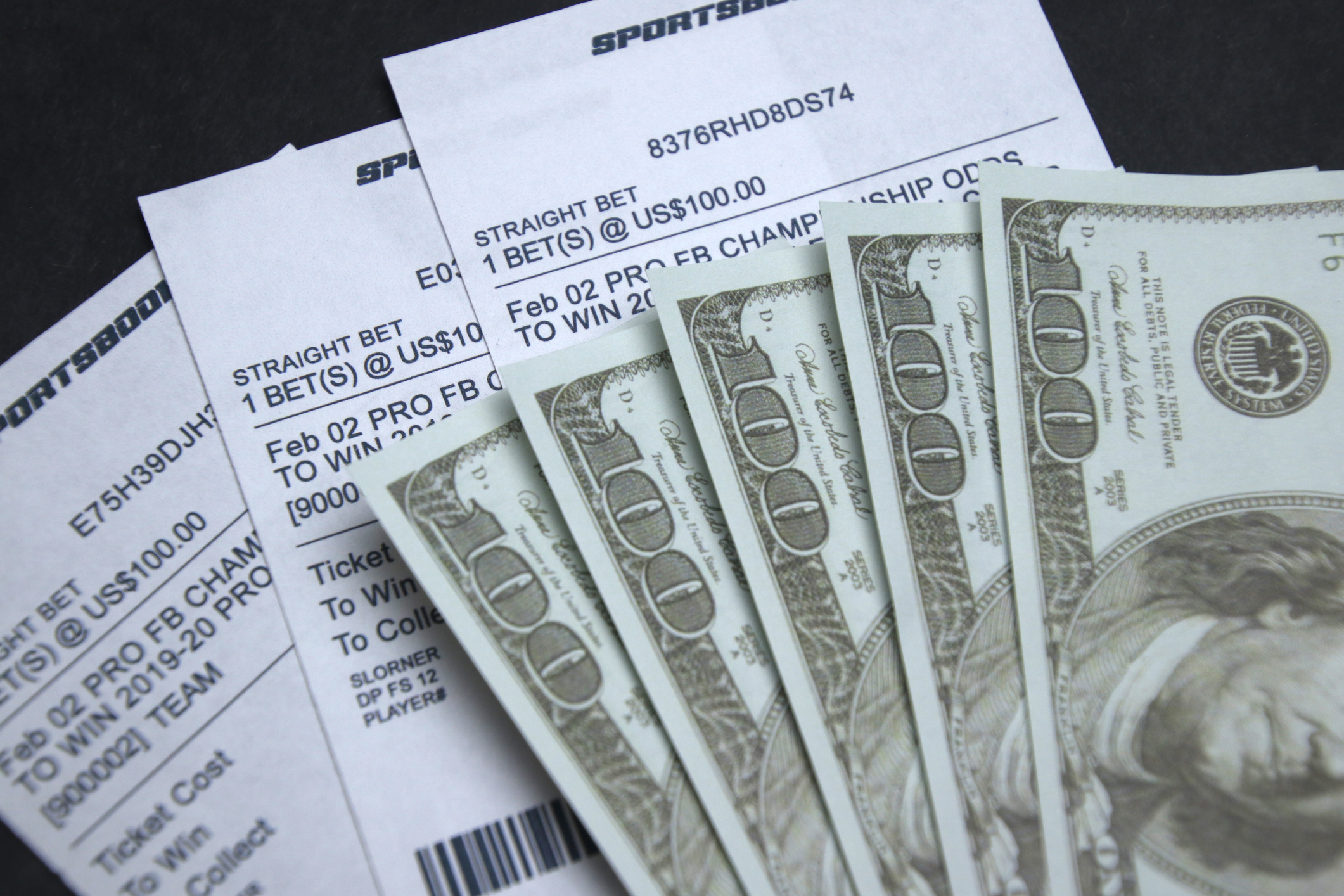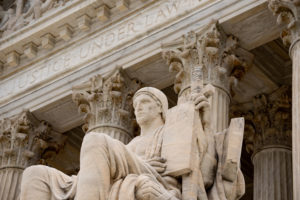
After a 2018 Supreme Court case, the laboratories of democracy are busy experimenting with sports betting.
The state of Rhode Island recently bought into what is supposed to be one of the greatest victories for states—the legalization of sports betting—but the payouts have been far lower than expected. Although it predicted to make $1 million per month in tax revenue from sports betting, in reality the state only raked in about 5 percent of that amount. Rhode Island is just one of several states that have adopted a sports betting regime in the wake of a 2018 U.S. Supreme Court decision.
Congress passed the Professional and Amateur Sports Protection Act (PASPA) of 1992 “to prohibit sports gambling under State law.” PASPA faced several legal challenges which ultimately culminated in the Supreme Court overturning PASPA in 2018 in Murphy v. NCAA on the basis of a Tenth Amendment violation. The Supreme Court acted on a theory of anti-commandeering, in which Congress may not commandeer state governments to enforce federal law. Overturning PASPA allows states once more to create their own rules on sports betting should they so desire.
This week’s seminar examines the shift from federal to state regulation of sports betting and the landscape of sports betting regulation as states begin passing their own laws.
- In a recent report from the Tax Policy Center, Richard Auxier analyzes state sports betting regulations after Murphy v. NCAA. He argues that several states have passed laws to allow sports betting and several other states are in the process of passing such laws, largely due to expected tax revenues. Auxier asserts, though, that the tax revenues are not always as large as states anticipate. Auxier concludes by urging state legislators to “be cautious with their tax rates on sports gambling,” to realize that “tax revenue will always be relatively small and volatile,” and that states should allow online wagers to increase tax revenues.
- Is federal or state government better suited to regulate sports betting? Jennifer Roberts and Greg Gemignani, attorneys and professors of gaming law at the University of Nevada, Las Vegas, explore this question in an article for the UNLV Gaming Law Journal by considering how federal and state frameworks affect uniformity in law, minimum standards, and enforcement. For instance, they assert that a federal framework would facilitate uniformity of regulation throughout the land, minimizing compliance costs for businesses operating in multiple jurisdictions, but at the risk of over and under regulating in some areas. Roberts and Gemignani suggest that states should look to Nevada’s several decades of regulated sports betting for lessons in administering their own frameworks.
- Following the Supreme Court’s decision in Murphy v. NCAA, Patrick Moran of the Cato Institute suggests that state governments are best suited to regulate sports betting. Moran’s white paper argues that Murphy overturned a “notable exception to an extensive history of state choice and a hands-off federal approach to gambling,” and that the various approaches taken by states to regulate sports betting since the ruling shows that the arena should remain “undisturbed by intrusive federal policies.”
- In a forthcoming article for Iowa Law Review, John Holden of the Oklahoma State University cautions that the sports betting “cookie jar” is smaller “and significantly more fragile than it may appear.” As states pursue what Holden thinks are only modest revenues to gain from sports betting, they should consider the appeal of the black market in determining tax rates and must be careful to implement adequate safeguards to protect consumers from disreputable entities. Holden also asserts that in this new era of sports betting, federal, state, and tribal governments each have a role to play in regulation.
- Although the Supreme Court declared PASPA unconstitutional under the Tenth Amendment’s anti-commandeering doctrine, Ryan Rodenberg of Florida State University argues that PASPA was unconstitutional for at least two other reasons. In a recent article in the UNLV Gaming Law Journal, Rodenberg argues that Congress’s grant of regulatory power to sports leagues under PASPA violated the private nondelegation doctrine and the Fifth Amendment’s Due Process Clause. “If Congress is going to regulate sports betting, Congress must do so directly via conferral of regulatory power to a federal agency like the Commodity Futures Trading Commission, Federal Trade Commission, or Securities and Exchange Commission,” he concludes.
The Saturday Seminar is a weekly feature that aims to put into written form the kind of content that would be conveyed in a live seminar involving regulatory experts. Each week, The Regulatory Review publishes a brief overview of a selected regulatory topic and then distills recent research and scholarly writing on that topic.



